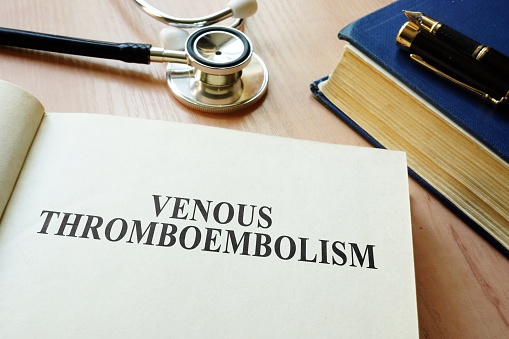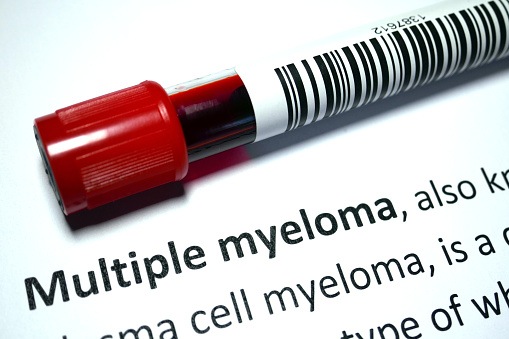
Investigators developed a novel model for bleeding prediction in patients with venous thromboembolism (VTE). The results were published in the Journal of the American Heart Association.
Background Current scores for bleeding risk assessment in patients with venous thromboembolism (VTE) undergoing oral anticoagulation have limited predictive capacity. We developed and internally validated a bleeding prediction model using healthcare claims data. Methods and Results
To develop this model, researchers selected patients with incident VTE initiating oral anticoagulation in the 2011 to 2017 MarketScan databases. To discern hospitalized bleeding events were identified using validated algorithms in the 180 days following VTE diagnosis. According to the researchers, demographic factors, comorbidities, and medication use before oral anticoagulation initiation as potential predictors of bleeding using stepwise selection of variables in Cox models.
The results indicated positive performance, with validated c-statistic corrected for optimism was 0.68 (95% CI, 0.67-0.69). For comparison, the researchers noted, the c-statistic of the Hypertension, Abnormal Renal/Liver Function, Stroke, Bleeding History or Predisposition, Labile International Normalized Ratio, Elderly (>65 Years), Drugs/Alcohol Concomitantly (HAS-BLED) score in this population was 0.62 (95% CI, 0.61-0.63).
“Performance of the model was moderately good, highlighting the urgent need to identify better predictors of bleeding to inform treatment decisions,” the researchers concluded.







 © 2025 Mashup Media, LLC, a Formedics Property. All Rights Reserved.
© 2025 Mashup Media, LLC, a Formedics Property. All Rights Reserved.